Obstructive sleep apnea (OSA) is a type of sleep apnea where the soft tissues of the throat partially or completely block the airway. Unfortunately, this can cause numerous pauses in breathing. Your body needs continuous oxygen to function; otherwise, your health can suffer. As a result, sleep apnea is a potentially dangerous medical condition.
If you snore loudly, wake up not feeling rested, or someone notices that you stop breathing in your sleep, you should seek medical help as soon as possible. Sleep apnea can negatively impact your overall well-being and your oral health.

How Does OSA Affect the Body?
One of the most immediate dangers of OSA is that it can significantly impact a person’s ability to get a good night’s rest. When a person’s breathing is interrupted during sleep, their body may not receive enough oxygen, causing them to wake up frequently throughout the night. This can lead to chronic fatigue, difficulty concentrating, and other symptoms of sleep deprivation.
However, the dangers of OSA go far beyond poor sleep quality. Over time, repeatedly going without oxygen can lead to a range of serious health problems. Some of these issues include cardiovascular disease, hypertension, stroke, and diabetes. In addition, because OSA interrupts your sleep, you can increase your risk of an accident, such as a car accident or workplace injury. This is because lack of proper sleep can have negative effects on your cognitive abilities and motor skills.
What are the Effects on Oral Health?
One of the most common side effects of OSA is bruxism, or teeth grinding. People with OSA may grind their teeth during sleep in an attempt to open their airways and increase oxygen flow. This can cause significant damage to the teeth and jaw, including tooth fractures, loosened teeth, and TMJ (temporomandibular joint) disorders.
In addition, OSA can also increase a person’s risk of developing periodontal disease, a serious infection of the gums. This is because oxygen deprivation can cause inflammation throughout the body, including in the gums. Over time, this inflammation can damage the tissues that support the teeth, leading to serious complications.
Another dental issue OSA can cause is dry mouth. When a person’s breathing is interrupted during sleep, they may breathe through their mouth instead of their nose, leading to decreased saliva production. This can cause a range of dental problems, including tooth decay, gum disease, and bad breath.
Treatment Options
If you suffer from OSA, it is important to seek treatment as soon as possible. In some cases, lifestyle changes such as weight loss and exercise may be enough to alleviate OSA symptoms. In more severe cases, a CPAP machine may be necessary to keep the airway open during sleep.
There are several steps you can take to protect your dental health. If you suffer from bruxism, Dr. Sowell may recommend a mouthguard or oral appliance therapy to protect your teeth from damage.
